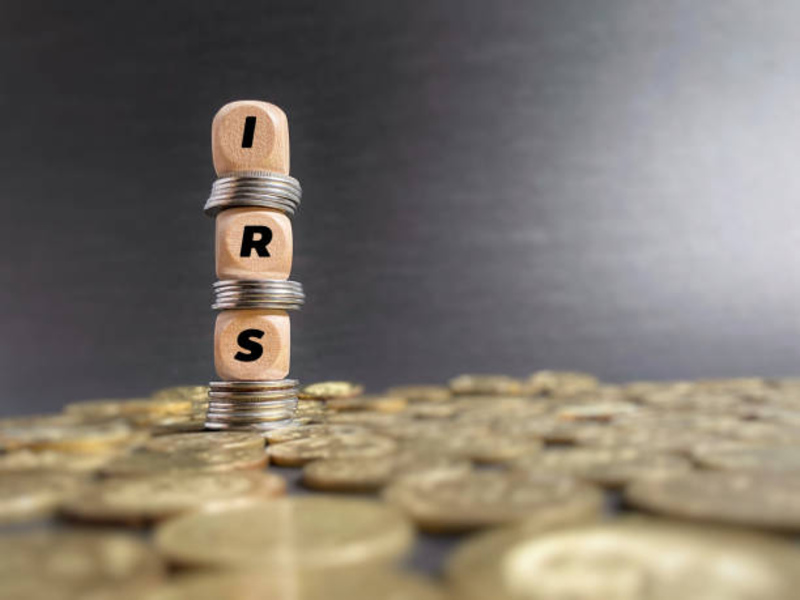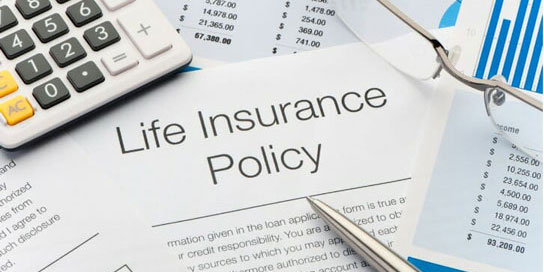Are you facing a huge tax burden and feeling overwhelmed? If you owe the IRS money, of course, you want to get out of paying such hefty fees. There is some good news: there are ways for taxpayers like yourself to escape your tax ordeal without spending a fortune on legal costs. One way could be leveraging personal loan taxes, where people with high tax debt can pay off their payments in smaller installments over time with an installment loan. In this blog post, we’ll discuss how using a personal loan for taxes can be used as an effective IRS debt solution so that you don’t have to go deep into financial despair!
Understanding IRS debt tax relief options
Having tax debt can be stressful. The IRS offers options for relief. One option is an installment agreement to pay off the debt over time. Another is an offer in compromise to settle the debt for less than owed. You can also file for currently not collectible status, which temporarily halts collection efforts. Understand these options and seek professional guidance to make informed decisions about resolving IRS debt.
Analyze the costs and benefits of taking out a personal loan to pay off taxes
- Paying off taxes can be a major financial burden for individuals.
- Taking out a personal loan offers a lump sum of cash to quickly pay off taxes and avoid penalties or interest charges.
- Personal loans often have lower interest rates compared to credit cards or other forms of borrowing.
- However, taking on more debt can have long-term financial consequences and increase overall debt-to-income ratio.
- Before taking out a personal loan, evaluate your current financial situation and ability to repay the loan in a timely manner.
Explore how to get the most favorable loan terms for your needs
- Finding the right loan for your needs can be a daunting task
- Conduct research and preparation to increase your chances of securing favorable terms
- Check and improve your credit score to influence interest rates and other terms
- Compare lenders to find the best deal available
- Seek guidance from a financial advisor or credit counselor to explore your options and enhance approval chances
- Stay informed, proactive, and patient in your search for the most favorable loan terms.
Consider professional help from tax advisors or financial planners when tackling IRS debt
Navigating through IRS debt can be a daunting task. With endless forms, legal jargon, and complex regulations to adhere to, it's no wonder people feel overwhelmed by their tax obligations. Seeking professional assistance from tax advisors or financial planners can alleviate some of the stresses associated with IRS debt. These experts can provide much-needed guidance on restructuring payment plans, negotiating settlements, and assessing your overall financial health. In the long run, enlisting their help can save you both time and money by avoiding costly mistakes and ensuring compliance with IRS regulations. Don't let IRS debt consume your life, consider seeking professional help to guide you through it.
Learn how to avoid accruing future IRS debt by managing your finances better
Managing your finances effectively is an essential skill that can help you avoid IRS debt down the line. Keeping your financial records up-to-date and organized is essential for staying on top of your income and expenses. Additionally, keep track of any tax deductions you may be eligible for since this can significantly reduce the amount of taxes you owe the IRS. Using a budgeting planner or finance app can also help you avoid overspending and keep an eye on your financial goals. It's crucial to be proactive and take charge of your finances to avoid IRS debt or any other financial problems that may arise. By building a solid foundation of financial habits, you'll be able to feel more confident and in control of your future.
Review best strategies for repaying your loan in full and on time
- a budget to allocate funds towards loan repayment each month.
- Set up automatic payments or reminders to stay on track and avoid late fees.
- Review loan terms for opportunities to pay off the loan faster (e.g., additional payments, lump sum).
- Reach out to the lender to explore potential options or assistance programs.
- Take these steps to stay on top of loan repayment and achieve financial security.
conclusions
With the many options available, tackling IRS debt can seem intimidating. The key is to understand your options, review their advantages and disadvantages, and choose the one that fits your needs and budget best. Consider taking out a loan if it makes financial sense, but do not forget to investigate the most favorable terms on repayment and interest before committing to any deals. Another avenue is to look for assistance from a financial advisor or tax professional who has expertise in IRS debt management. Finally, remember to take proactive steps so you don’t have to worry about IRS debt in the future by managing your finances better. Whatever option you choose, taking charge of your situation empowers you to come out from under that burdening debt and move closer towards financial freedom.
FAQs
Q: How can I reduce my IRS debt?
A: The IRS offers several options for debt relief, such as installment agreements, offers in compromise, and currently not collectible status. You should also consider taking out a personal loan if it makes financial sense and offers favorable repayment terms. Additionally, seeking professional help from a tax expert or financial advisor can help you make informed decisions about resolving your IRS debt.
Q: How do I ensure that I pay off my loan on time?
A: Creating a budget to allocate funds towards loan repayment each month is essential. Additionally, consider setting up automatic payments or reminders to stay on track and avoid late fees. Reviewing loan terms for opportunities to pay off the loan faster, such as additional payments or lump sums, can also help. Finally, reach out to the lender to explore potential options or assistance programs that may be available.
Taking these steps will help you stay on top of loan repayment and achieve financial security.
Q: What should I do if I’m struggling to make payments?
A: It’s important to contact your lender as soon as possible if you are having trouble making payments. Your lender may be able to provide assistance or restructure the loan to make it more manageable. Additionally, seeking professional help from a financial advisor or credit counselor can provide you with insight on the best strategy to tackle your debt. Don’t be afraid to reach out for assistance when needed.




